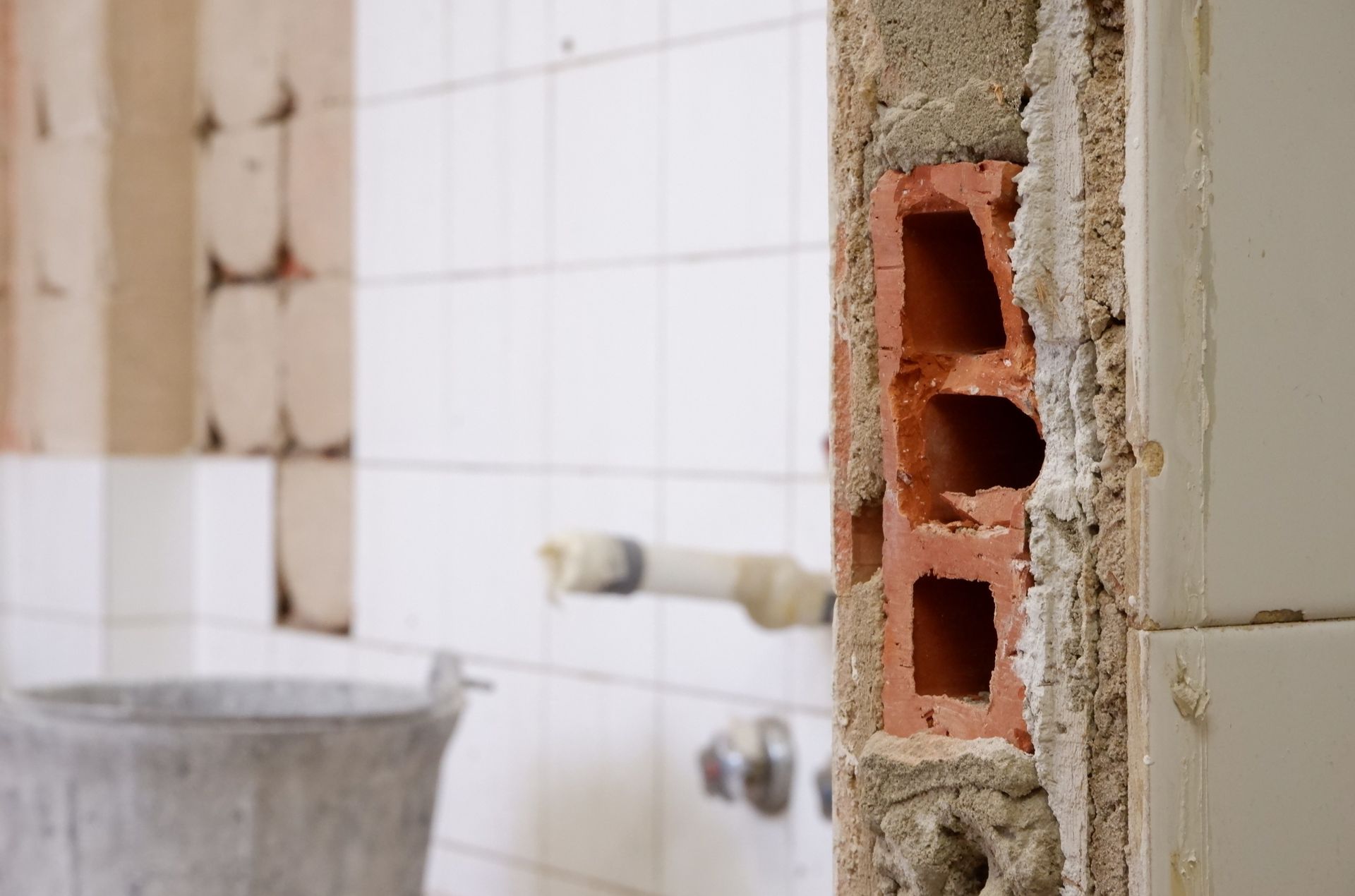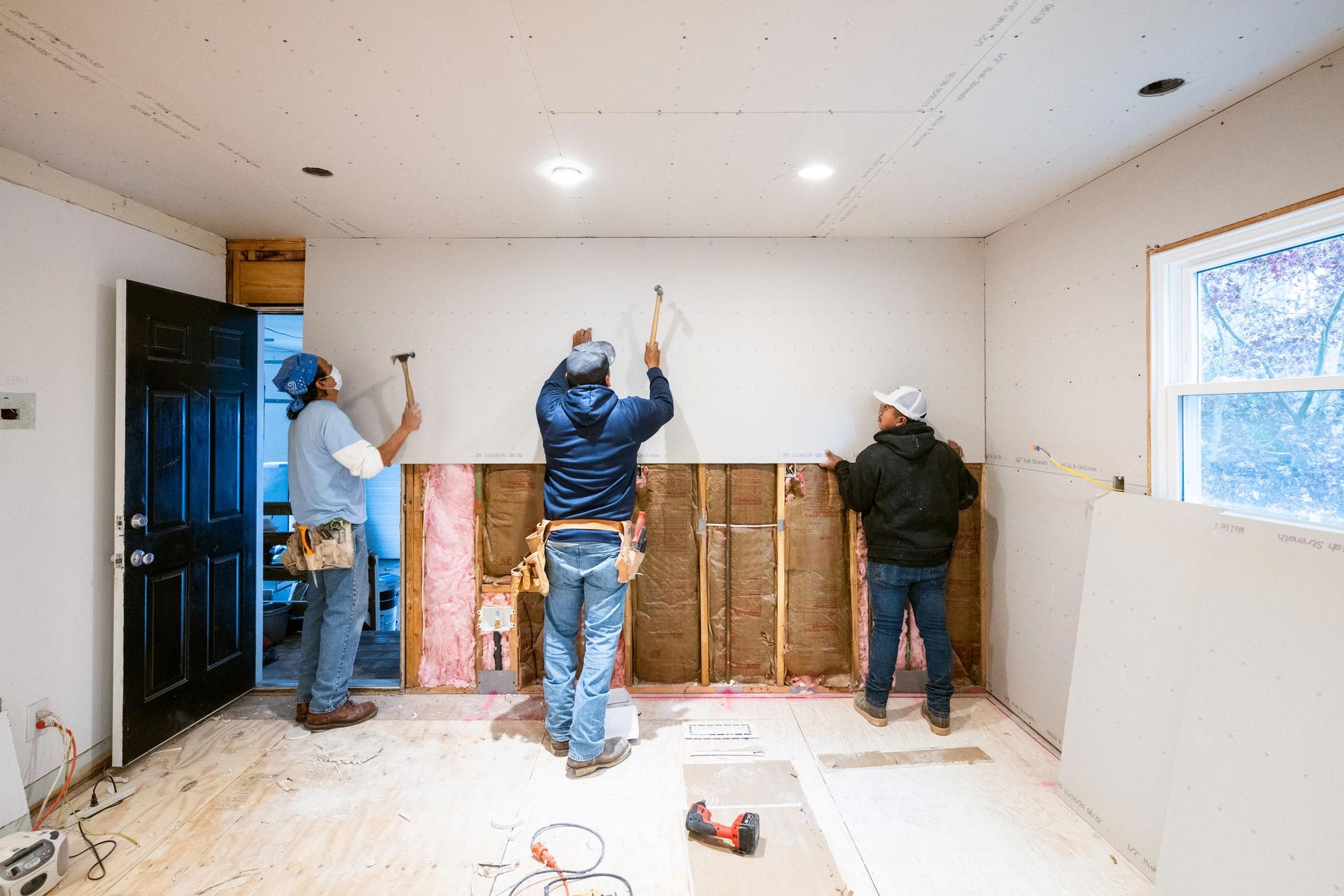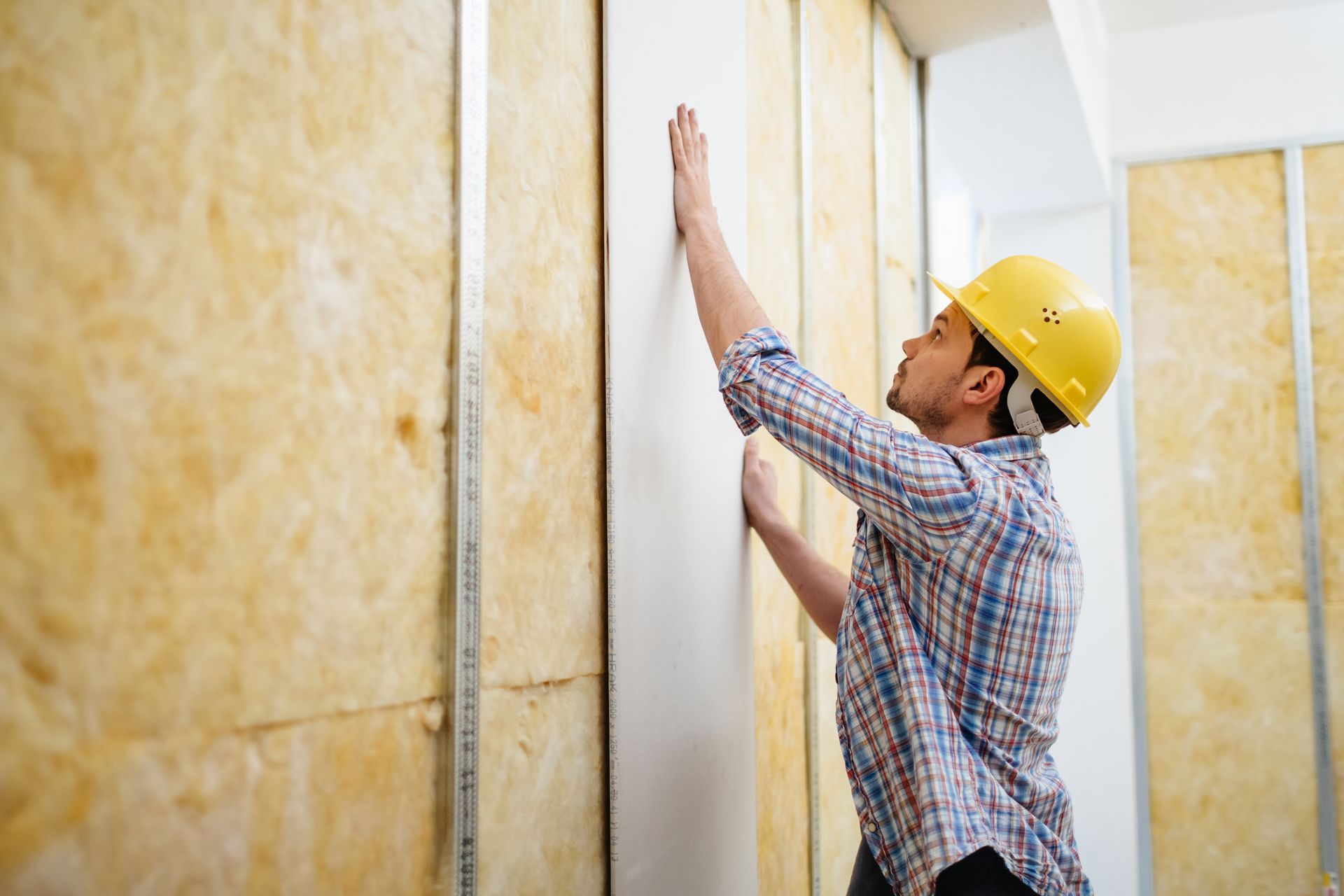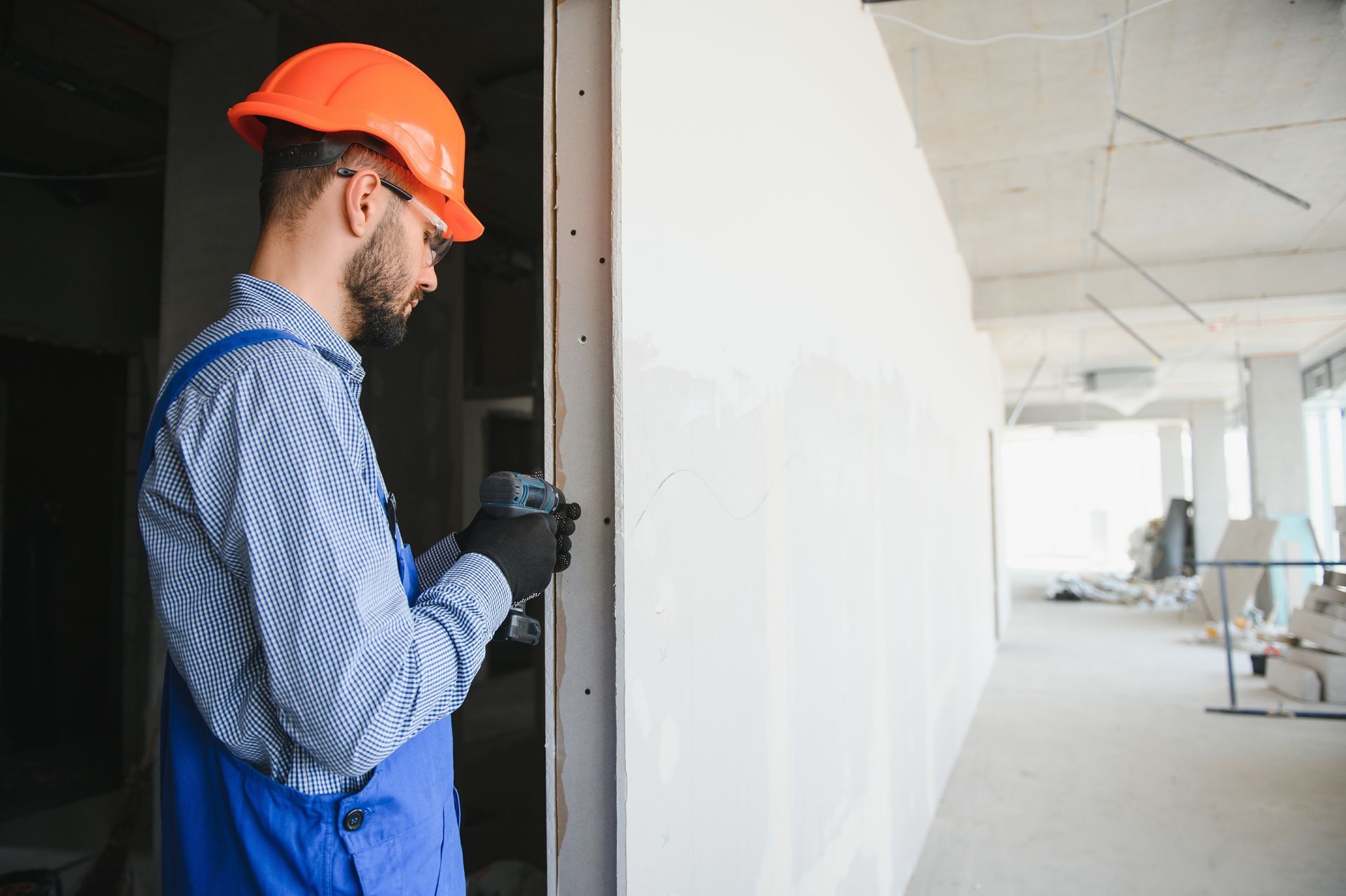Six Types of Drywall for Residential Properties
Selecting the right type of drywall is crucial when embarking on a home renovation project or constructing a new residential property. Each type of drywall is designed to meet specific needs, ensuring durability, safety, and functionality within your living spaces. Read on to learn about six different types of drywall, their unique properties, and where they are best applied.
1. Regular Drywall
Regular drywall, known in the industry as whiteboard, serves as the cornerstone of residential construction projects due to its ubiquitous application in creating walls and ceilings. This kind of drywall is recognized for its standard appearance, featuring a pristine white face on one side and a rugged brown backing on the other, catering to basic construction needs without frills. Despite its widespread use, regular drywall is primarily suitable for environments that are dry and free from significant moisture. This makes it the perfect choice for constructing interior walls and ceilings in living rooms, bedrooms, dining areas, and other parts of the home that do not experience high levels of humidity. However, it's important to note that while regular drywall is cost-effective and convenient for standard construction needs, it does not incorporate specific enhancements to directly combat issues related to moisture, fire resistance, or soundproofing.
2. Moisture-Resistant Drywall
Moisture-resistant drywall is designed for areas exposed to high humidity, such as bathrooms, kitchens, and laundry rooms. This type of drywall has a special paper covering that provides better resistance to moisture compared to regular drywall. However, it is not waterproof and should not be used in direct contact with water. For wet areas, additional waterproofing measures like cement board are recommended.
3. Fire-Resistant Drywall
Fire-resistant drywall, known as Type X, is made with non-combustible fibers to curb the fire's spread. It offers vital time for evacuations and limits structural damage. Type X drywall is typically used in garages, utility rooms, and areas needing fire-rated separations, like between living spaces and attached garages. It is usually 5/8 inch thick to comply with fire code regulations.
4. Soundproof Drywall
Soundproof drywall, or acoustic drywall, is engineered to reduce noise transmission between rooms, making it an excellent choice for bedrooms, home offices, and media rooms. This type of drywall comprises several layers of gypsum and other materials like polymers, which work together to dampen sound waves. While it is generally more expensive and heavier than regular drywall, its benefits in creating a quieter home environment are significant.
5. Mold-Resistant Drywall
Mold-resistant drywall is designed for areas susceptible to mold growth, such as basements and bathrooms. This type of drywall has a non-organic, fiberglass mesh facing instead of the traditional paper facing, which minimizes the chance of mold and mildew formation. Investing in mold-resistant drywall can enhance indoor air quality and contribute to the longevity of your property by preventing mold-related issues.
6. Impact-Resistant Drywall
Impact-resistant drywall is fortified with fiberglass to withstand physical damage, making it ideal for high-traffic areas, children's rooms, and garages. This type of drywall is less prone to dents, dings, and holes compared to standard drywall. Its robust construction ensures that walls maintain their appearance and structural integrity even under frequent use and potential impacts. Additionally, the fiberglass reinforcement provides added durability, making it a long-lasting solution for busy households and commercial spaces. The installation process is similar to that of regular drywall, ensuring that you can upgrade your walls without significant hassle. With impact-resistant drywall, you can confidently protect your spaces from daily wear and tear while maintaining a polished look.
Choosing the appropriate type of drywall for different areas in your home is fundamental to ensuring a durable and functional living space. By understanding the unique properties and best uses of regular, moisture-resistant, fire-resistant, soundproof, mold-resistant, and impact-resistant drywall, you can make informed decisions that enhance the safety, comfort, and longevity of your residential property. Whether renovating or building new, selecting the right drywall types will contribute significantly to the overall success and satisfaction with your home environment.
If you need drywall for your home, contact our team at A-Pro-Finish Drywall for more information.
















